Why is My HVAC Making Noise?
Experiencing strange noises from your HVAC system? HVAC systems are essential for maintaining comfort in our homes, but unusual sounds can indicate underlying issues that need attention. Understanding the common causes of these noises can help you address problems promptly, ensuring your HVAC system runs efficiently and prevents further damage.
Common HVAC Noises and Their Causes
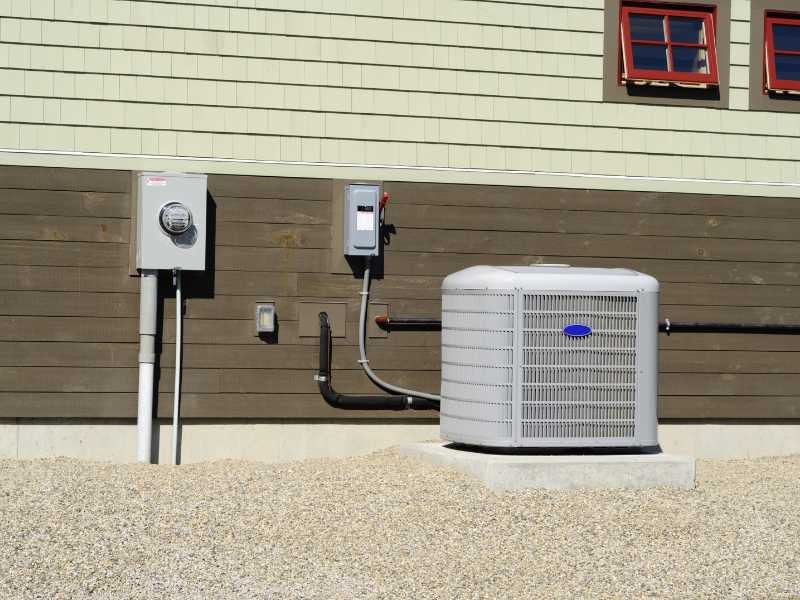
Buzzing Noise
Potential Causes: A buzzing noise from your air conditioning unit can be caused by several factors. Loose parts within the HVAC system can create vibrations, leading to a buzzing sound. Electrical issues, such as faulty wiring or a malfunctioning capacitor, can also result in this noise. Another common cause is a refrigerant leak, which can make the HVAC unit work harder, producing a buzzing noise.
Common Areas: The buzzing noise is typically heard from the outdoor unit, compressor, or fan motor. Inspect these areas for loose parts or signs of wear and tear.
Humming Noise
Potential Causes: A humming noise is often less severe but can still indicate issues within the HVAC system. Common causes include a bad belt, which can produce a continuous hum as the HVAC system operates. Electrical problems, such as a defective relay or capacitor, can also cause a humming noise.
Common Areas: This noise is usually associated with the indoor unit, particularly around the air handler and blower fan.
Squealing Noise
Potential Causes: Squealing noises from an HVAC system are often due to mechanical issues, such as a bad belt or problems with the blower assembly. As these components wear out, they can produce a high-pitched squeal.
Common Areas: The blower fan and fan motor are the most common sources of squealing noises. Regular maintenance can help prevent these issues.
Rattling Noise
Potential Causes: Rattling noises often indicate that something is loose or out of place within the HVAC system. Loose components, debris caught in the unit, or carbon particles can all create rattling sounds. This noise can worsen over time if not addressed.
Common Areas: Rattling noises are typically heard from the outside unit, air handler, or fan unit. It’s important to check these areas for loose parts or debris.
Hissing Noise
Potential Causes: A hissing noise is often a sign of a refrigerant leak, which can significantly affect the efficiency of your HVAC system. Other potential causes include a compressor malfunction or issues with the refrigerant lines.
Common Areas: Hissing noises are commonly heard around the refrigerant lines, heat pump, or compressor. Addressing these issues promptly is essential to avoid further damage to the HVAC system.
Diagnosing the HVAC Noises
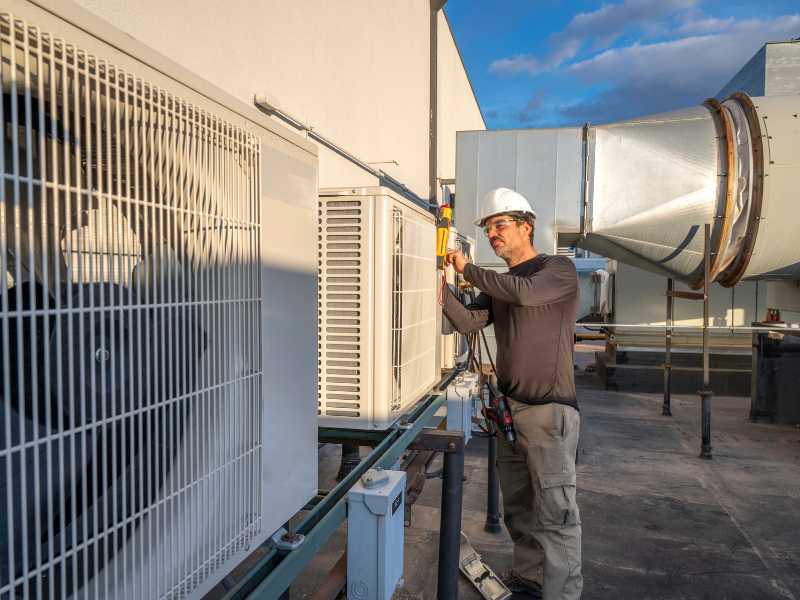
Visual Inspection
Steps: Begin with a thorough visual inspection of your HVAC system. Look for any visible loose parts, debris, or signs of wear and tear. Pay close attention to the areas where the noise is most prominent. Using a flashlight can help you see into the darker areas of the unit.
Tools: Flashlight, screwdriver.
Listening Closely
Steps: To identify the source of the noise, listen closely to your HVAC system while it’s running. Move around the unit to pinpoint where the sound is coming from. A stethoscope can be a useful tool to amplify the sounds and locate the noise more accurately.
Tools: Stethoscope (optional).
Professional Assessment
Importance: While some noises can be diagnosed and addressed through basic inspection, others may require the expertise of a professional HVAC technician. Persistent noises, particularly those associated with electrical issues or refrigerant leaks, should be evaluated by a professional to ensure accurate diagnosis and necessary repairs.
Benefits: Hiring a professional can save money in the long run by preventing further damage and ensuring the HVAC system is working correctly. It also guarantees that the repairs are done safely and effectively.
Preventative Measures
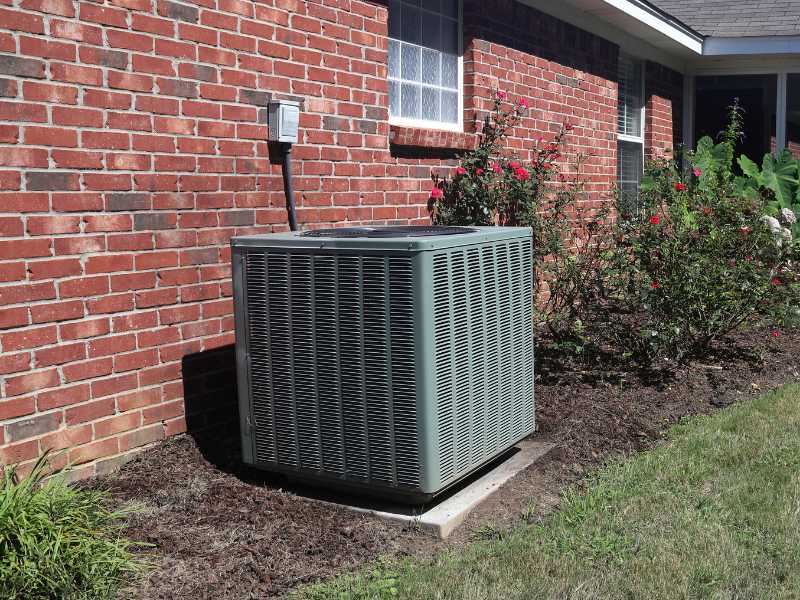
Regular Maintenance
Steps: Scheduling routine tune-ups is essential for keeping your HVAC system in top condition. During these maintenance sessions, a professional HVAC technician will clean air filters for your home, check refrigerant levels, inspect the unit for wear and tear, and ensure all components are functioning properly.
Benefits: Regular maintenance helps ensure the system is working correctly, prevents unexpected breakdowns, and extends the lifespan of your HVAC unit. It can also improve energy efficiency, saving you money on utility bills in the long run.
ALSO READ: AIR CLEANING: EVERYTHING YOU NEED TO KNOW
Immediate Actions for Specific Noises
Buzzing: If you hear a buzzing noise, check for loose parts or electrical issues. Turn off the unit if the noise persists and contact a professional to inspect the system.
Humming: Inspect the belt and electrical components if you hear a humming noise. A bad belt or defective relay can often be the culprit. Seek professional help if you are unable to identify the issue.
Squealing: Examine the blower fan and motor for any signs of wear. Replacing a worn-out belt can often resolve squealing noises.
Rattling: Remove any debris from the unit and tighten loose components. Regularly inspect the outside unit for signs of damage or loose parts.
Hissing: Check for refrigerant leaks or compressor issues. Hissing noises often indicate a more serious problem that requires professional attention to prevent further damage.
When to Seek Professional Help
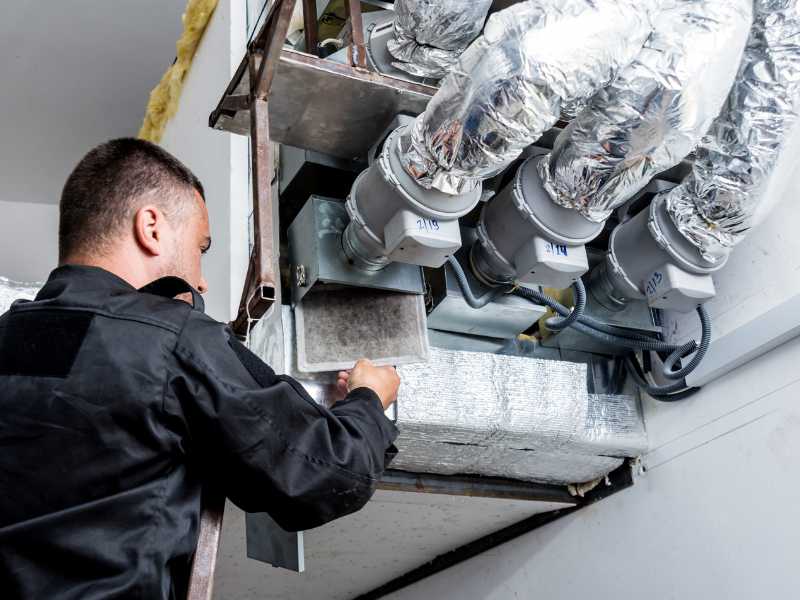
Persistent Noises
Indicators: If the noise persists despite your troubleshooting efforts, it’s a sign that there may be a deeper issue within the HVAC system that requires professional expertise.
Action: Contact a professional HVAC technician to diagnose and fix the problem. Persistent noises can indicate serious issues that, if left unattended, could lead to more costly repairs.
Complex Repairs
Indicators: Some HVAC issues, such as electrical problems, compressor malfunctions, or major component replacements, are too complex for DIY fixes.
Action: Avoid attempting complex repairs on your own. A professional technician has the necessary skills and tools to handle these issues safely and effectively.
Annual Inspections
Importance: Scheduling annual inspections with a qualified HVAC specialist is vital to ensure your system runs smoothly and efficiently. These inspections can help identify potential issues early, preventing unexpected breakdowns and costly repairs.
Action: Make it a point to schedule an annual inspection and tune-up with a trusted HVAC technician. This proactive approach will keep your system in optimal condition and give you peace of mind.
In Summary
Addressing strange noises from your HVAC system promptly is imperative for maintaining comfort and efficiency in your home. By understanding the common causes of these noises and knowing when to seek professional help, you can ensure your HVAC system operates smoothly and efficiently.
Regular maintenance and timely professional assessments are essential to prevent further damage and save money in the long run. If you’re experiencing persistent noises from your HVAC system, don’t hesitate to contact a professional HVAC technician for a thorough inspection and necessary repairs.
Silence the Noise: Experience Comfort with Callidus Air!
Is your HVAC system making unusual noises? Contact Callidus Air for expert HVAC services in Las Vegas and surrounding areas. Our professional technicians will diagnose and fix any HVAC problem, ensuring your home stays comfortable and efficient.
Call now or visit our website to schedule an appointment and enjoy peace of mind with Callidus Air!
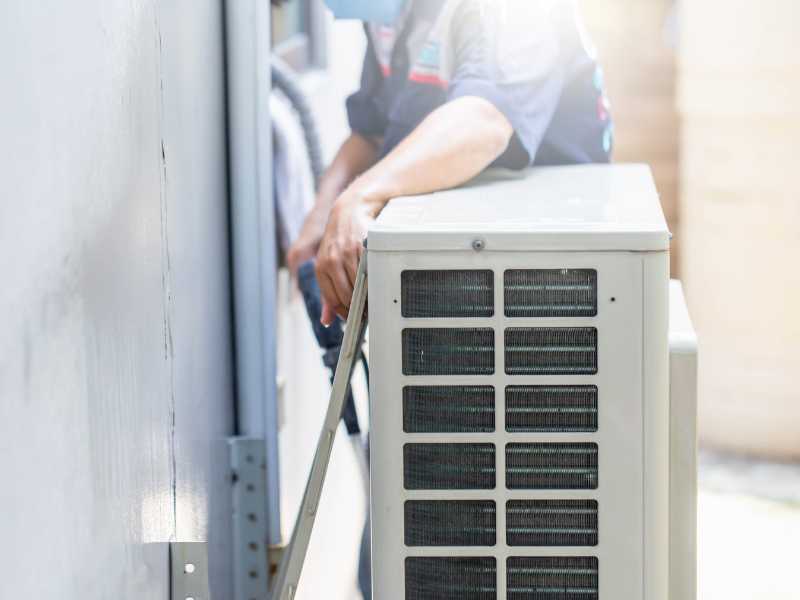
FAQs
1. Why is my air conditioner making a loud buzzing noise?
A loud buzzing noise from your air conditioner could be a sign of various issues such as loose parts, electrical problems, or a refrigerant leak. It’s important to have a professional HVAC technician inspect the unit to diagnose and fix the problem promptly.
2. What causes a loud humming noise in my AC unit?
A loud humming noise in your AC unit often indicates a bad belt, an electrical issue, or a defective relay. Regular maintenance can help prevent these issues, but if you hear a humming air conditioner sound, it’s best to call a professional for an inspection.
3. Why is my air conditioner blowing warm air instead of cold air?
If your air conditioner is blowing warm air, it could be due to a refrigerant leak, a dirty air filter, or a malfunctioning compressor. These issues can prevent your AC unit from producing cold air, so it’s important to have them checked and repaired by a professional.
4. What should I do if my HVAC system makes rattling sounds?
Rattling sounds in a noisy HVAC system are often caused by loose parts, debris in the unit, or worn-out components. Inspect the unit for any loose parts and remove any debris. If the noise persists, contact a professional HVAC technician for further evaluation.
5. What does a hissing sound from my air conditioner mean?
A hissing sound from your air conditioning system usually indicates a refrigerant leak or a problem with the compressor. Both issues require immediate attention from a professional HVAC technician to prevent further damage and ensure the unit runs properly.
6. Why do I hear a popping sound from my air conditioning system?
A popping sound from your air conditioners could be caused by the expansion and contraction of the ductwork due to temperature changes. While this is a common noise and often harmless, consistent or loud popping sounds should be inspected by a professional.
7. How often should I schedule an air conditioner tune up?
It’s recommended to schedule an air conditioner tune up at least once a year. Regular maintenance helps keep your AC unit working properly, prevents unexpected breakdowns, and ensures optimal efficiency.
8. What could be the cause of a buzzing sound coming from my outside compressor?
A buzzing sound coming from the outside compressor could be due to loose parts, electrical issues, or a refrigerant leak. It’s essential to address these issues promptly to prevent further damage to the air conditioning system.
9. Why is my air conditioner making loud noises?
Loud noises from your air conditioner can be caused by various issues such as loose parts, a malfunctioning compressor, or debris in the unit. These noises are often a sign that the unit is not working properly and should be inspected by a professional.
10. What should I do if my AC unit has an electrical problem?
If your AC unit has an electrical problem, such as frequent tripping of the circuit breaker or unusual electrical sounds, you should immediately turn off the unit and contact a professional HVAC technician. Electrical issues can be dangerous and should be handled by a qualified professional to ensure safety and proper repair.
